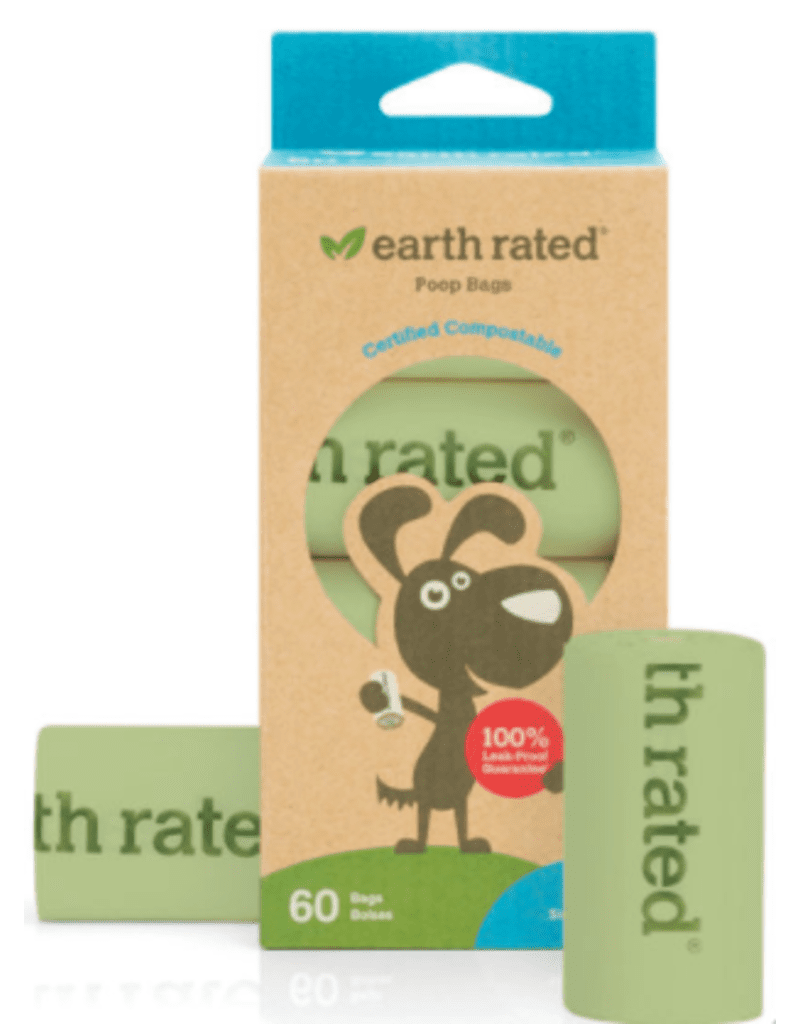Introduction (approx. 100 words):

In our quest for a cleaner and more sustainable planet, it is imperative that we tackle the issue of plastic waste. As we become more conscious of our ecological footprint, compostable paper bags have emerged as a commendable alternative to their plastic counterparts. In this blog post, we will explore the benefits of compostable paper bags and delve into how they can contribute to a greener future. Join us as we unravel the significance of compostable bags in Anoka County, Minnesota, and why they should be embraced by individuals, businesses, and communities at large.
1. The Problem with Plastic (approx. 200 words):
Single-use plastic bags have long been a source of environmental concern due to their detrimental impact on ecosystems. While plastic bags take centuries to decompose, they pose significant threats to wildlife, marine life, and even human health. Anoka County, Minnesota, like many other regions, has recognized the urgency of addressing this issue and has taken active steps towards promoting sustainable alternatives, such as compostable paper bags.
2. Understanding Compostable Paper Bags (approx. 200 words):
Compostable paper bags are made from renewable resources, typically derived from sustainably-managed forests. These bags contain no plastic or harmful additives, making them safe for both the environment and humans. Unlike plastic bags, compostable paper bags are designed to break down in a composting facility over a relatively short period, usually within a few months. This means they can be included in organic waste collection programs, allowing them to be composted alongside food scraps, leaves, and other biodegradable materials.
3. Environmental Benefits (approx. 300 words):
Compostable paper bags offer a myriad of environmental benefits that make them a preferable choice over their plastic counterparts. Firstly, their production requires significantly less energy and generates lower greenhouse gas emissions, resulting in a reduced carbon footprint. Additionally, compostable paper bags decompose into organic matter, thus enriching the soil when used in commercial composting facilities. This creates a circular economy by returning nutrients to the earth, promoting healthier plant growth and reducing the need for chemical fertilizers.
Compostable paper bags also mitigate the risks associated with plastic pollution. When used, disposed of in an appropriate composting facility, and processed correctly, they do not end up in landfills or our oceans. This contributes to the preservation of wildlife, marine life, and overall ecological balance, protecting delicate ecosystems for future generations.
4. Supporting Local Initiatives (approx. 200 words):
Anoka County, Minnesota, recognizes the importance of embracing compostable paper bags and has actively implemented initiatives to support their adoption. By collaborating with local businesses, communities, and residents, the county aims to promote sustainable practices while reducing waste generation. Through education and awareness campaigns, it strives to encourage the use of compostable paper bags as an eco-friendly alternative, highlighting the advantages of such a switch for both individuals and the environment.
Conclusion (approx. 100 words):
In an era where environmental concerns are at the forefront of global consciousness, it is essential to identify and adopt sustainable alternatives that minimize our impact on the planet. Compostable paper bags offer a compelling solution to the pervasive issue of plastic waste, providing both environmental and societal benefits. As Anoka County, Minnesota, takes decisive steps towards creating a greener future, the rest of the world can look to their initiatives as a shining example of sustainable practices. By embracing compostable paper bags, we can all contribute to a cleaner, healthier planet for generations to come.
